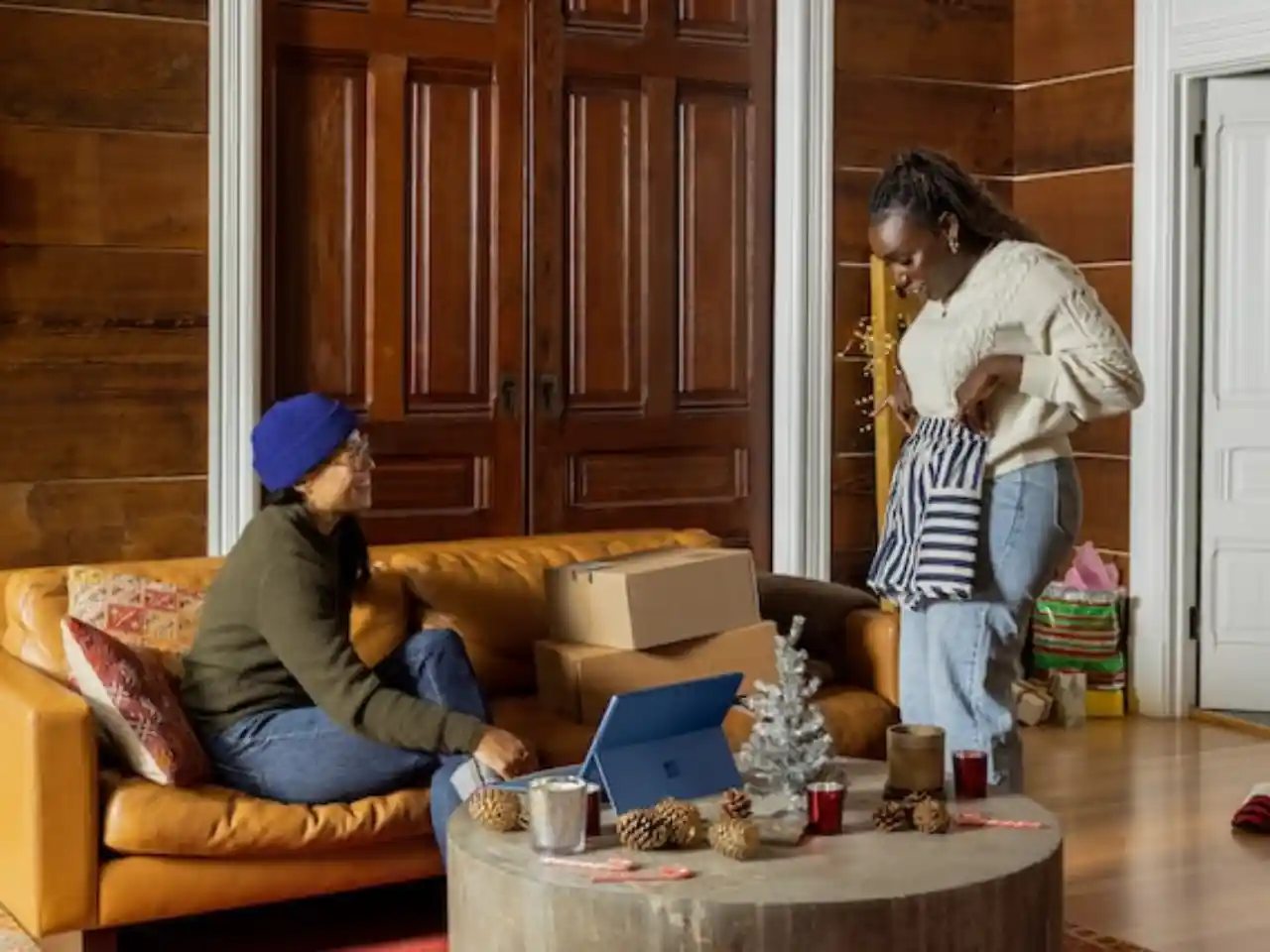Housing Choices in the 21st Century
May 13, 2015

May 13, 2015

It’s no secret that there is somewhat of a housing crisis in the UK. It was one of the main talking points in the run up to last week’s general election and has been a story covered by many, if not all news outlets, over the past few months.
A lot of the talk surrounding housing often focuses on price, and this should come as no shock considering average prices have increased by 6.9% per year since 1980. Due to the high costs involved, housing in the 21st century has progressively changed from the old norms many used to opt for. The decreasing numbers in outright property ownership illustrates this.
Those looking to take the first steps onto the housing ladder, are now more commonly approaching other alternatives to outright purchasing. So to give you an idea of what’s out there, we discuss three of the most popular modern housing choices.
With sharing increasing in popularity, particularly amongst the younger generation, shared housing and flat shares have become more prevalent. This method allows those who may still be finding their feet, for example after just moving out of their parental home, to have their own space, at a fraction of the cost of renting a whole property.
Flat shares have numerous benefits, expanding beyond cost, but the obvious drawbacks do exist. Firstly, it’s not for everyone – some prefer to have their own space, whilst others can cope with sharing bathrooms, kitchens etc.
More importantly, you’re limited to keeping your belongings in just one room. Although this will allow you to cut costs when moving home (you can opt for the cheaper man and van as opposed to removal company), it’s not ideal for those with large clothes collections for example.
Another option, which has more recently come to the fore, is ‘shared ownership’. This method allows those keen to get on the property ladder to buy a stake of between 25% and 75% of the market value of a property, with the aid of a mortgage. The buyer then pays rent on the remaining share of the property, which is owned by the local housing association.
Shared ownership is an attractive proposition for young couples or families for example, looking to take the first serious steps toward ownership. Due to the high costs involved, taking into account bills, council tax etc, it doesn’t present the same financial benefits for an individual, compared to a flat share.
Although the opportunity to buy the home outright can be exercised, there is a relative complexity involved and therefore should be looked at in much more detail before being considered.
This is by far the cheapest option, but may best be exercised with caution. The financial benefits of living at home, far outweigh the previously discussed options, but as we all know living at home does come with its downsides. For one the lack of freedom you’ll experience/feel, is an aspect, which may begin to take its toll.
The number of people opting to live at home is unsurprisingly high. This option often allows many to save the funds required to branch out on their own, with high levels of financial security in tow.
As with the options above, this isn’t for everybody and for most may be best served as a short-term option, for example when saving or searching for a place of your own.
Although the financial benefits can easily sway people into opting to live at home, in some ways this is often seen as the easy option and is probably not ideal especially if you’re in your late 20s, early 30s and so on.
With all these three property alternatives available, it’s easy to understand why moving house is a bigger deal now, than it’s ever been before.